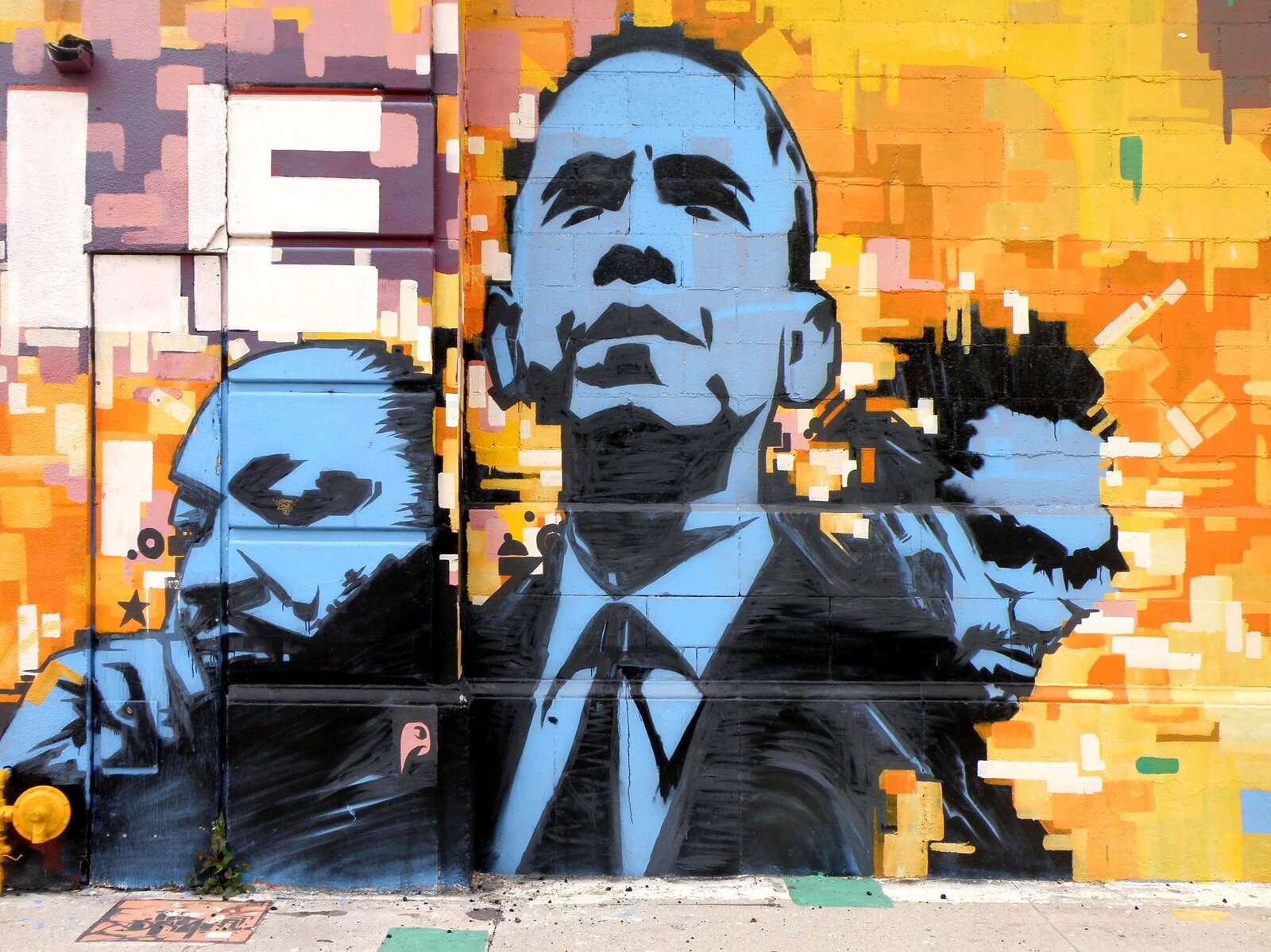‘Myth of racial democracy is part of the education of the Brazilian,” says Congolese anthropologist living in Brazil
Black Women of Brazil
2016-02-16
Thiago de Araújo
The absence of Black nominees at the 2016 Oscars. ‘Black face’ is just a costume. Cotistas (quota students) surpass (scores) of non-cotista students. A black sponge doll on the reality show Big Brother Brazil (BBB) of this year. Recent cases, controversial cases. In all, the discussion of the same topic: racism inside and outside of Brazil.
Historical victims of prejudice, blacks in their majority are outraged with every report of the genre. However, today there are those who deny that there is racism in Brazil. For these people, there is nothing to justify affirmative action policies, such as quotas in education and social sectors. It’s necessary to appreciate equality, crying out in the loudest voice.
Discussions of racism are not surprising to Congolese anthropologist Kabengele Munanga. At 73, the Doctor of Social Sciences and professor at the Faculty of Philosophy, Letters and Human Sciences at the University of São Paulo (USP) he always stresses that Brazil has a ‘stark’ framework of discrimination. Do you think it’s an exaggeration? It’s not what the numbers show.
“The data show that, on the eve of apartheid, South Africa had more blacks with college degrees than in Brazil today,” Munanga said in a public hearing organized by the Supreme Court (STF) in 2010. The debate revolved around access to higher education policies. Opponents announced that the country was about to experience a ‘race war’. It was not what we saw.
“There were no riots, racial lynchings anywhere. No Brazilian ‘Ku Klux Klan’ appeared,” said the anthropologist. “What is sought by the policy of quotas for black and the indigenous is not to be entitled to the crumbs, but rather to gain access to the top in all sectors of responsibility and of command in national life where these two segments are not adequately represented, as the true democracy mandates.”
But what about the well-known ‘racial democracy’ born at the hands of Gilberto Freyre?…
Read the entire interview here.

